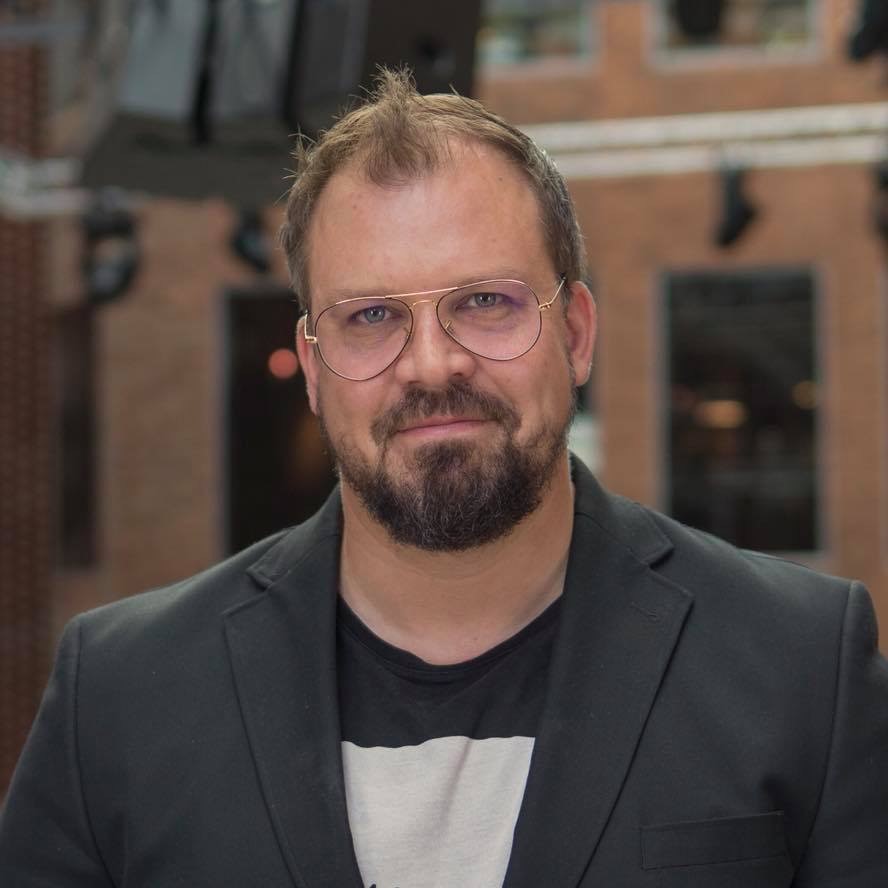Editorial: I did it myself and saved some

Chief Digital Officer, City of Hämeenlinna
Chairman of the Board, the Association of Finnish eLearning Centre
At this moment, the theme of “do it yourself” seems to influence many parties working with teaching and learning technologies as well as many in the development of support and training models. A large number of training providers build or commission the building of new ecosystems for the management of their electronic learning environments and the respective systems and analytics, tailoring these fully to their own needs. They even produce learning materials themselves – solely for their own organisations.
But what would be the best overall solution for these parties in the long run? How much should they do themselves? To what degree should they purchase services, cooperating with businesses? What would it cost and which party would be in charge of – what?
Doing it yourself is certainly a way to produce new, fresh ideas and innovations. But spreading the respective good practices is quite a different thing. Could the solution be cooperative networks, common standards, open source code, and thereby at least partly open solutions and interfaces? How would cooperative networks work – or how about co-creation?
Doing it completely yourself may cloud the view – there might be too many trees for you to see the forest, so to say. A challenge may also be posed by the lack of any systematic approach and perseverance, because answering for all development and maintenance costs alone very seldom forms the most economical option. Even if the picture already includes many good technological innovations, developer-teachers and good business cooperation by public sector parties, there may be a lack of belief in the work done hindering the long-term development work. There is backing needed when you are developing something new yourself, and particularly so when you are introducing something new and developing a work culture.
According to the latest audit reports by the National Audit Office of Finland (see e.g. Digitalization of teaching and learning environments in general education 7/2019), the steering and management of digitalisation processes in Finland are encumbered by the fragmentation of premises and an insufficient knowledge base. According to these audit reports, the digitalisation of teaching and learning environments is complex in terms of the whole as well as in terms of the operative and regulatory work, and the information and knowledge management for the advancement of digitalisation is thereby weakened.
The fragmented financing model has led to the various parties carrying out overlapping development work, thus increasing administrative costs. According to an effectiveness report, the national level advancement of digitalisation will require clearly specified premises and goals, controlled try-outs and properly functioning steering tools. However, digitalisation and the management of digitalisation are governed by factors that are, as yet, incompletely understood, because digital solutions do not come about only through us implementing best practices, making use of research data and evaluating outcomes and effectiveness. Often, these solutions come about through us trying out many different options in practice.
Good examples of success are seen in tutor-teachers and student-ambassadors, many development networks for learning environments, and the MPASS.id single sing-on solution. We need more elements like these. However, it often happens that, just as the need and benefits have been verified and it would be time to start establishing standard practices, the fear arises of funds dwindling. Uncertainty of continuation may plague even those projects that have been started energetically in good faith.
The strength of the Finnish school system has been the equality of its accomplishments. All of the networks we have for knowledge-based management and the sharing of information should now be harnessed to help maintain that strength. The Association of Finnish eLearning Centre has successfully supported and facilitated co-creation in this area.
A large number of Finnish municipalities have budget deficits in 2019. The weak economic situation presents challenges for the development of ICT in municipalities. In the future, in addition to sharing our experiences, could we perhaps share our costs, decreasing them for individual municipalities in general?
Yes we could! Working together, we will succeed if we build the systems by basing them on the customers’ specified needs and involve expert purchasing organisations for service acquisitions. Even the steering processes for state financing and strategy can be developed together. All organisations should have their own development networks in which the roles and responsibilities would be clear and far-reaching. In this way, we could establish co-creative, participatory ecosystems and platforms on which all parties could do their share in a profitable way. Positively.



